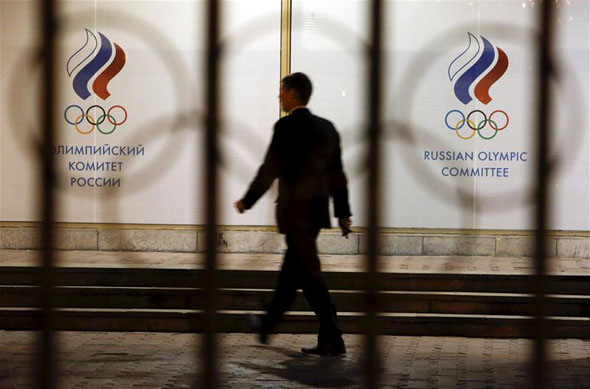The Rocky Road to Rio: Brazil’s Testing Facilities Under the Microscope
December 4, 2015
Earlier this month the World Anti-Doping Agency’s Foundation Board unanimously voted to declare the national anti-doping agencies for Russia, Andorra, Israel, Argentina, Bolivia and Ukraine non-compliant with its code.
Additionally, Brazil, Belgium, France, Greece, Mexico and Spain have all been placed on a WADA watch, meaning their “anti-doping agencies must meet strict conditions by March 18, 2016 or be deemed non-compliant”.
What makes these moves especially pertinent are that Rio hosts the Olympics next year, while Paris is bidding for the 2024 Games.

These revelations have not made enjoyable reading for the sport of athletics; the IAAF has received strong criticism over revelations of systematic doping in Russian athletes, with potential for more offenders emerging worldwide.
The dim light at the end of the tunnel, perhaps, is that there is time for things to be brought in line in time for next year’s summer games, creating a much fairer playing field for the global sporting elite.
Just last May WADA announced that Brazil’s drug-testing laboratory has seen its status as an Olympic-standard facility restored having been stripped of its ranking two years earlier. The lab had failed to meet international standards so the Brazilians were forced to undertake significant work to improve testing conditions.
In the hiatus between WADA’s stance and local efforts to remedy the labs, Brazil hosted the 2014 FIFA World Cup and had to fly urine samples, at great expense, to Switzerland for testing.

Even though WADA has now approved Brazil for testing, it should be noted that the Rio lab has the capacity for 3,000 tests at next year’s Games compared with the 5,000 processed in London in 2012.
As things stand, the only other WADA accredited laboratory in South America currently is in Bogota, Colombia as Argentina and Bolivia have been declared non-compliant.
By way of comparison, even if the watch listed countries of Belgium, France and Spain are excluded, Europe has 12 accredited labs operational so South America has a lot of catching up to do.
With testing coming under intense scrutiny, improvements need to be made very quickly.

For some of the countries implicated in the WADA report the consequences are yet to be decided. Russia has accepted its ban from the IAAF, with caveats that they will be allowed to compete in Brazil if certain conditions are met. Russian athletes will be monitored even more closely between now and Rio, as – owing to further investigations currently being held – will the elite competitors from Kenya and Ethiopia.
The creativity with which sportsmen and women have avoided detection over the years proves that any cheaters will do their best to be one step ahead of the testers.
Ironically, this doesn’t mean that testing times are restricted to athletes, WADA and IAAF are also under pressure. With the next Olympics only a matter of months away, the road to Rio is looking distinctly rocky and doubtless will come to a dead end for some.
Francis Cassidy, Versapak’s Chair of Doping Control.

